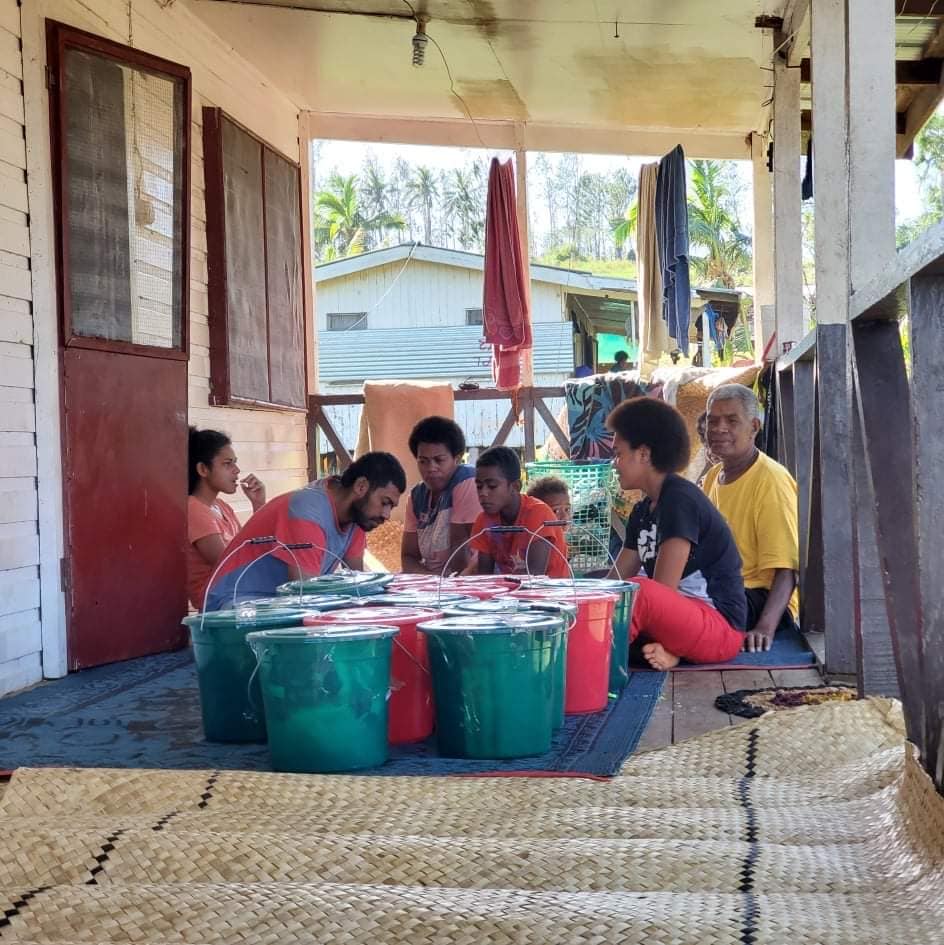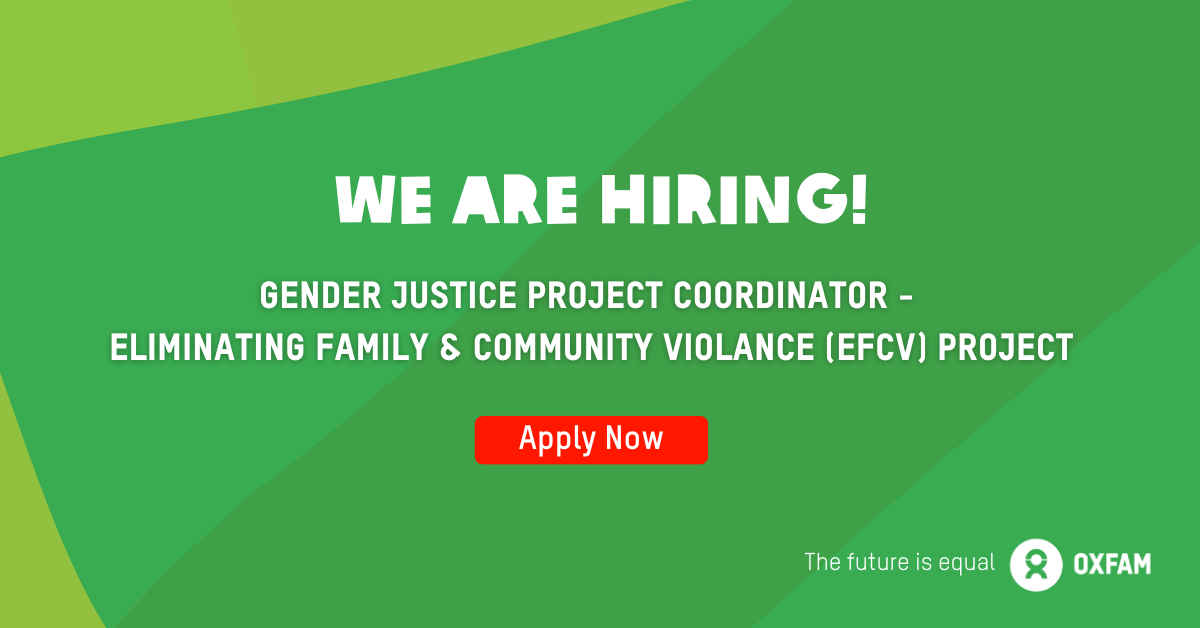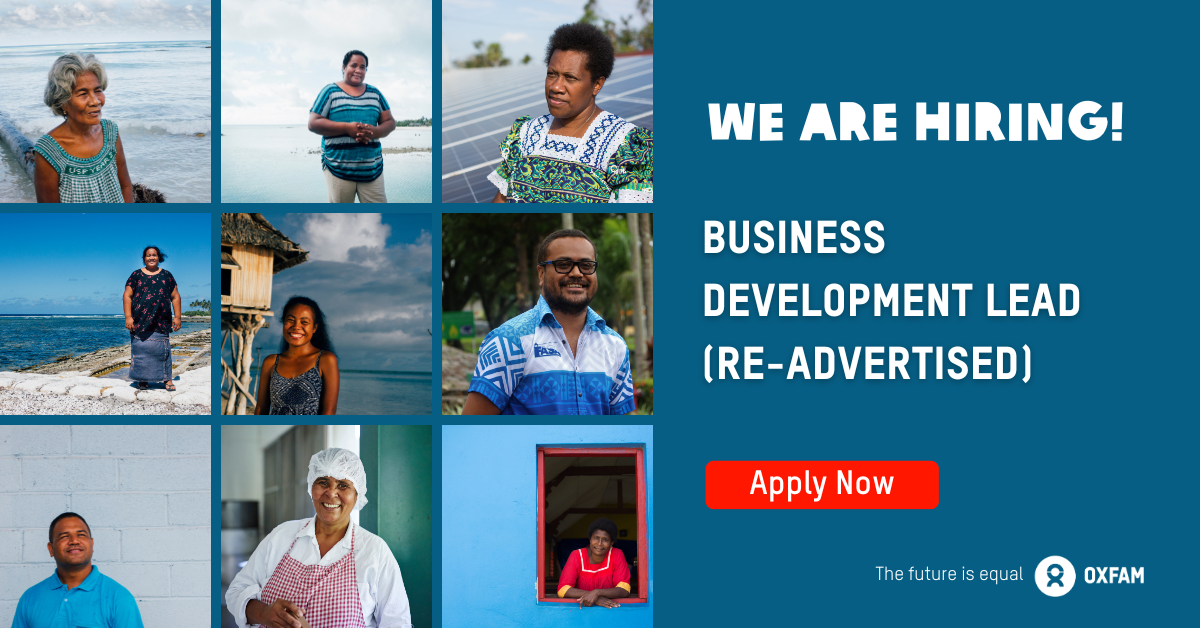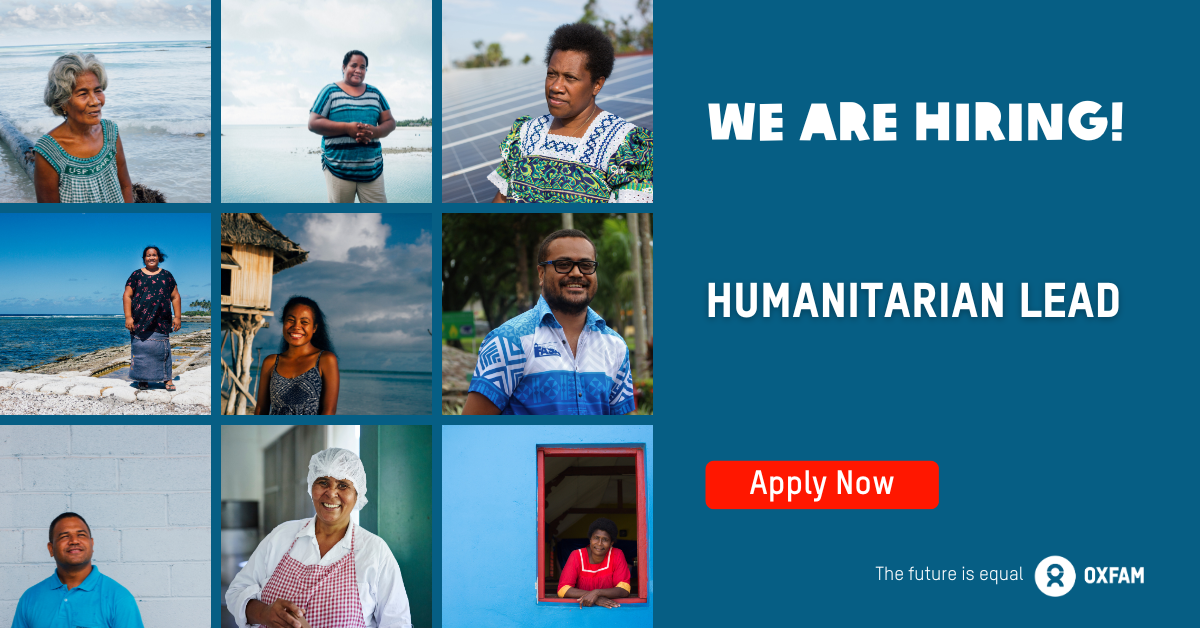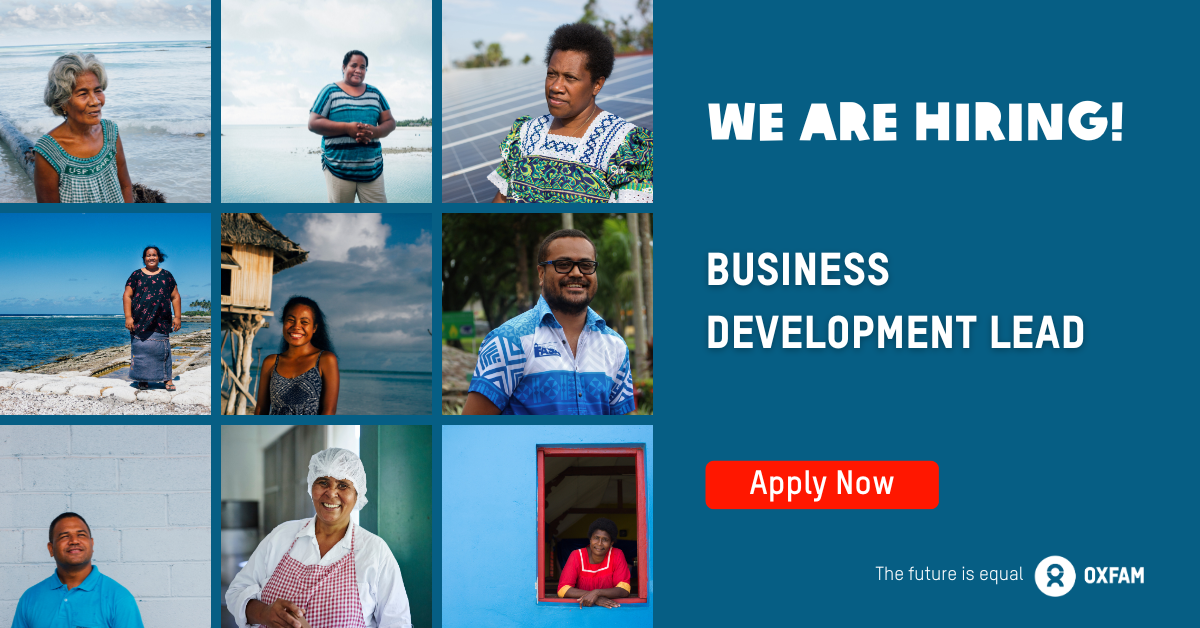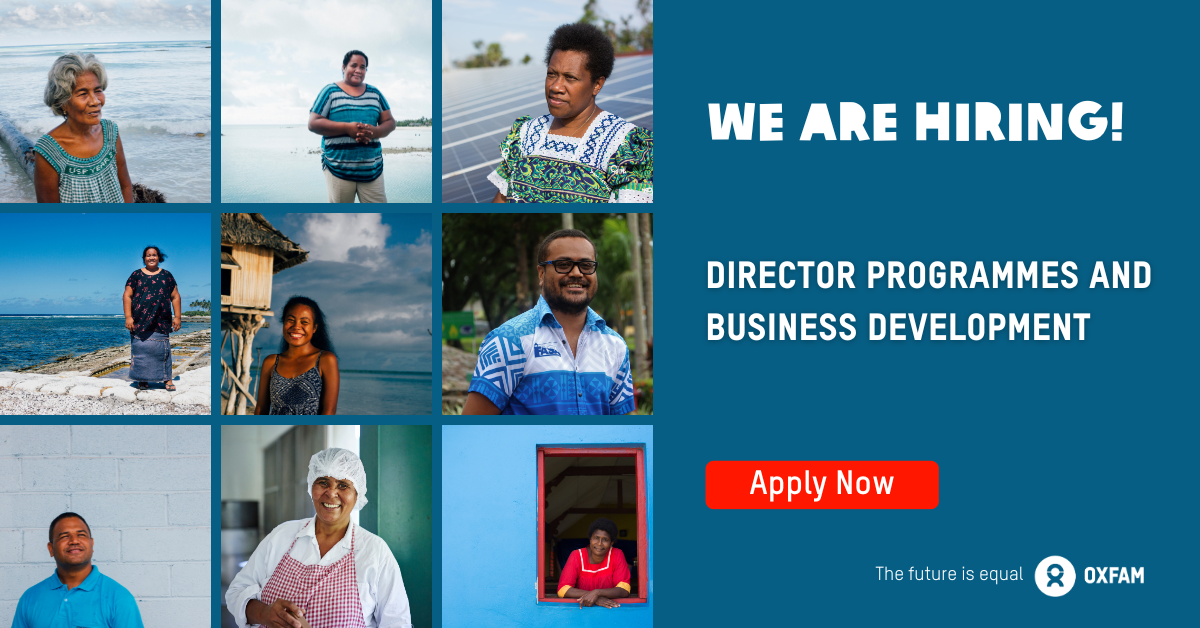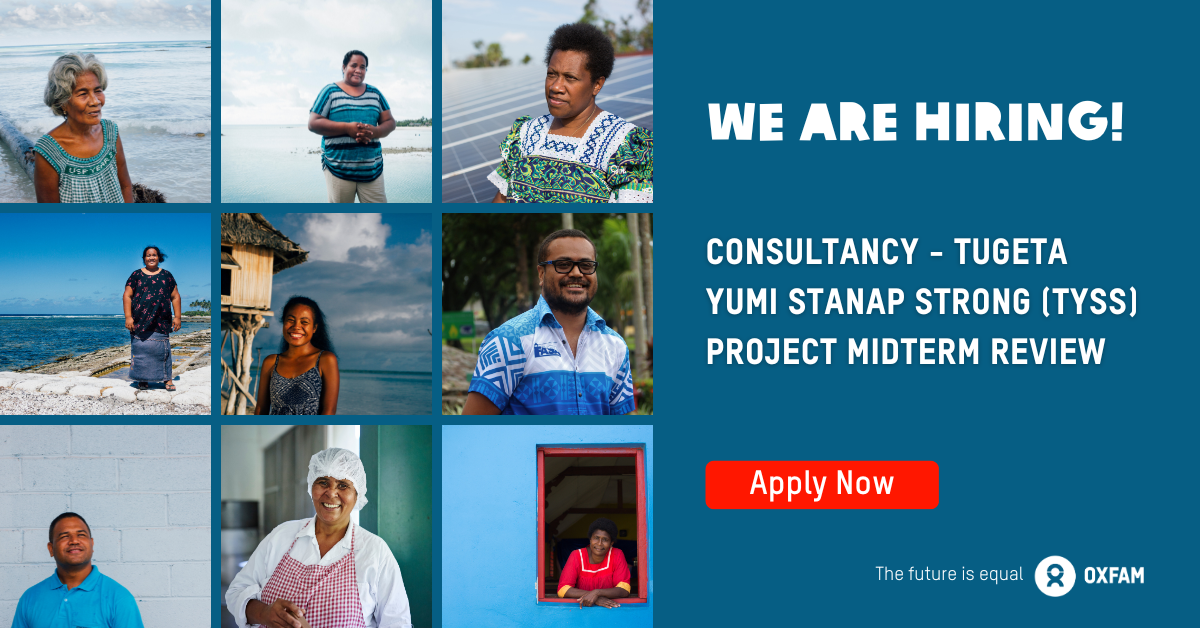Tropical Cyclone Yasa has had a widespread and acute impact on communities in Vanua Levu, with growing concerns about food and water security, economic recovery and post-cyclone trauma.
The affected communities face a long-road to recovery, according to Semi Lotawa, Co-founder of Rise Beyond the Reef, a non-profit group working with grassroots Fijian communities.
“They’ve got nothing left,” Lotawa said.
“A lot of families have no roof over their heads, while some are still staying in evacuation centres. Their needs vary from food, water and shelter to psychological assistance.”
Lotawa visited 30 villages last weekend in Tikina Kubulau, Tikina Wainunu and Tikina Wailuku along a 270km stretch in Vanua Levu as part of initial damage assessment efforts.
He was greeted by a scene of destruction and despair everywhere he went, with an urgent need for food, water and medical assistance.
The cyclone also had a devastating impact on the livelihoods of farming and fishing communities in the area, who will need assistance with long-term economic recovery.
Lotawa says recovery efforts should include listening to the affected communities and understanding the dynamics in working with them.
“Drive-by assumptions are not sufficient nor the tendency of the aid sector to conduct survey after survey, showing up with surveys in communities empty-handed with no supplies, taking time from village leaders for meetings when they need to do other things, and minimal accountability about how communities benefit from the data collection,” he said.
The Category 5 cyclone, with max wind speeds of 345 km/hr and heavy rain, destroyed hundreds of buildings and caused damage to farms and infrastructure. Four people are confirmed dead.
While assessments are ongoing, the Fijian Government has estimated damages worth hundreds of millions of dollars.
One emerging issue is the lack of safe drinking water in the wake of the cyclone. According to Lotawa, a large amount of dead livestock in the rivers is contributing to water security concerns in affected areas.
“People have started to slowly salvage whatever they can find but need the tools to start rebuilding again,” he added.
“There is also a need for more clothes. Some people I met are still wearing the clothes they had on on the night of the cyclone.”
There is also concern for the psychological health of the affected communities, with symptoms of Post-Traumatic Stress Disorder known to affect victims of natural disasters.
“They are still unsettled. The kids are still jumpy whenever there is a loud sound or something,” Lotawa said
“These villages prepared to the best of their ability but no-one anticipated such an intense cyclone. Some older people told me that this is the most powerful Cyclone they had ever experienced.”
Lotawa has called for a coordinated approach to address these issues, with a focus not just on immediate needs but the long-term recovery and sustainability of these largely subsistence-based communities.

